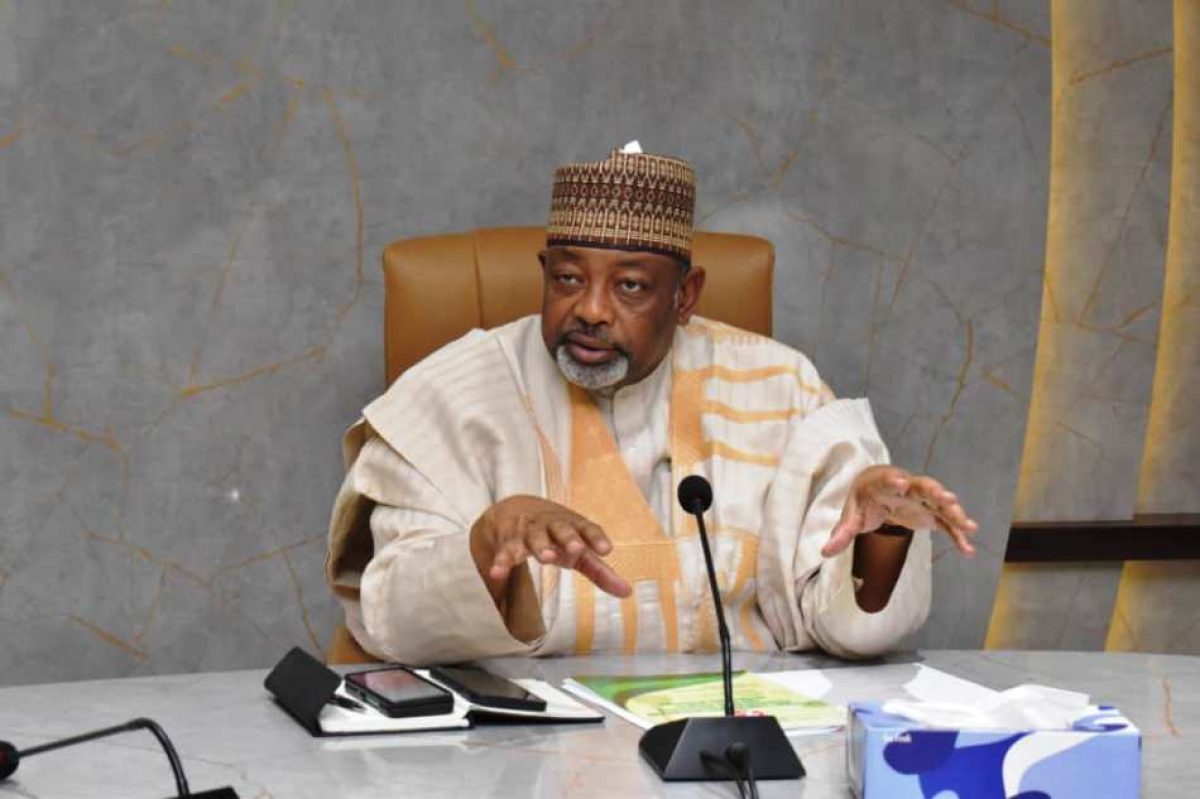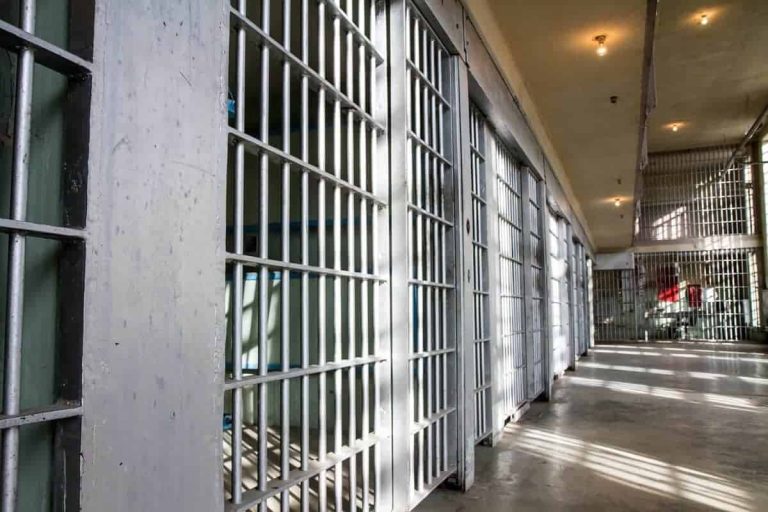
As part of efforts to boost food security in the country, the federal government has concluded plan to establish agriculture mechanisation service centres in the six geopolitical zones of the country.
The government believes this would ensure the training, repairs, and coordination of agriculture technologies transfers among farmers, which would go a long way of boosting food security and food sustainability in the country.
Minister of Agriculture and Food Security, Senator Abubakar Kyari, dropped the hint in Ilorin, Kwara State, on Tuesday, during the 25th international conference and 45th annual general meeting of the Nigerian Institution of Agricultural Engineers (NIAE).
The theme of the conference was “Standardisation and Promotion of Proven Technologies for Agricultural Production and Value Addition in Nigeria”.
Kyari, said the federal government would set benchmarks that will govern the production and use of agricultural machinery in Nigeria for decades to come.
According to him, “Beyond acquisition, our focus remains on standardisation, local assembly and maintenance systems, ensuring that every machine deployed is fit for purpose and supported by skilled technicians.”
The minister said Nigerian farmers deserve home-grown technologies, “that are developed with a deep understanding of our soils, our crops, our scale of farming, and the labour dynamics of our rural communities.”
He, thus, encouraged collaboration between the Federal Ministry of Agriculture and Food Security, representing the National Centre for Agricultural Mechanisation, and Tanta Motors of Egypt.
He stated, “The young mould-making machine, which was originally developed by NCAM here in Nigeria, serves as an example of what we can achieve even more through collaborations.
“The essence of NCAM Tanta Motors’ collaboration is to facilitate mass production and commercialisation of proven home-grown technologies.
“I am pleased to inform you that the collaboration has led to an improved young mould-making machine. The true model has been redesigned to function both as a mould- maker and a ridge maker.
“Giving farmers the freedom to adopt which environment geometry that is most suitable for their region and preferred cultivation practice. This collaboration will eventually lead to local manufacturing and assembly in Nigeria.
“This collaboration will also extend to other technologies developed by NCAM, including the mechanical weeder, the cassava stem planter, the grain and seed planter, and the multi-crop treasure.
“All of which are being prepared for standardisation and commercialisation under a joint NCA/TM branding arrangement.”
In his address, the NIAE’s National Chairman, Engr. Joshua Olaoye, called on Nigerian engineers, innovators and policy influencers to channel their expertise towards designing and deploying affordable, adaptable, and locally manufactured machinery that meet the needs of smallholder farmers in the country.
The agricultural engineer said small holder farmers constitute the bulk of Nigeria’s farming population.
“As we celebrate 50 years of dedicated service to the agricultural sector, let this gathering mark the dawn of a new era of purposeful engineering, one that translates ideas into implements, research into results, and technology into transformation.
“Together, we shall drive the mechanisation revolution that Nigeria needs for food security, job creation, and national prosperity.”
He also said the maiden national agricultural machinery exhibition, organised in collaboration with the NCAM, was an initiative designed to bridge the gap between innovation and adoption.
Also speaking, the State Governor and Chairman of the Nigeria Governors’ Forum (NGF), Alhaji AbdulRahman AbdulRazaq, said, “At a time when the world struggles to feed a growing population, gatherings like this light the path to Nigeria’s agricultural future through innovation and mechanisation.
“This gathering will definitely serve to share ideas about solutions to emerging issues, including the challenge of climate change, technology and global debate around GMOs, and the dynamic issues of land use among diverse economic groups.”
The Governor added, “In Kwara, we have mostly shifted agriculture from subsistence to full mechanisation, and your organisations have been the major enablers of this important leap.”
Hammed Shittu



